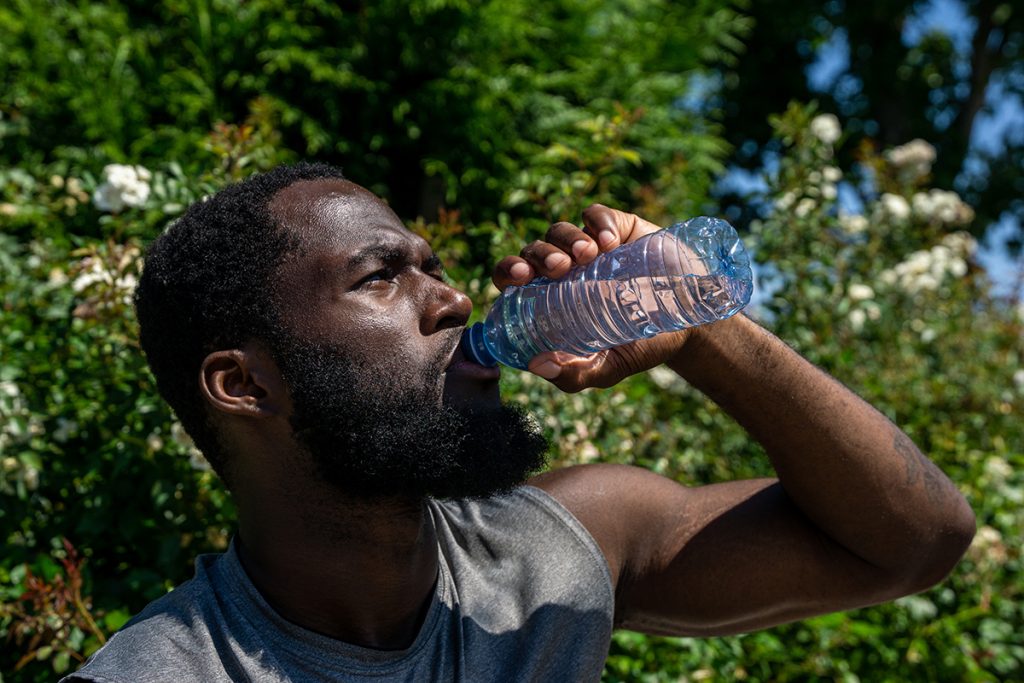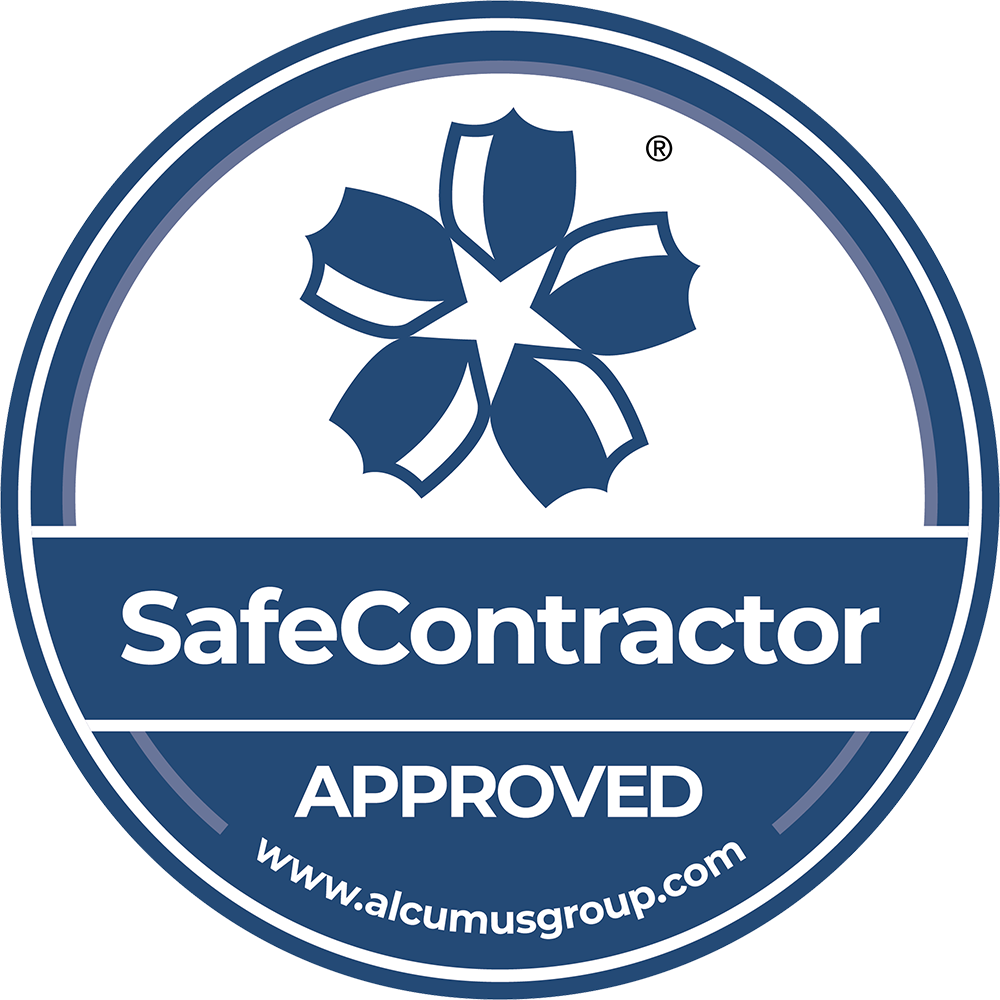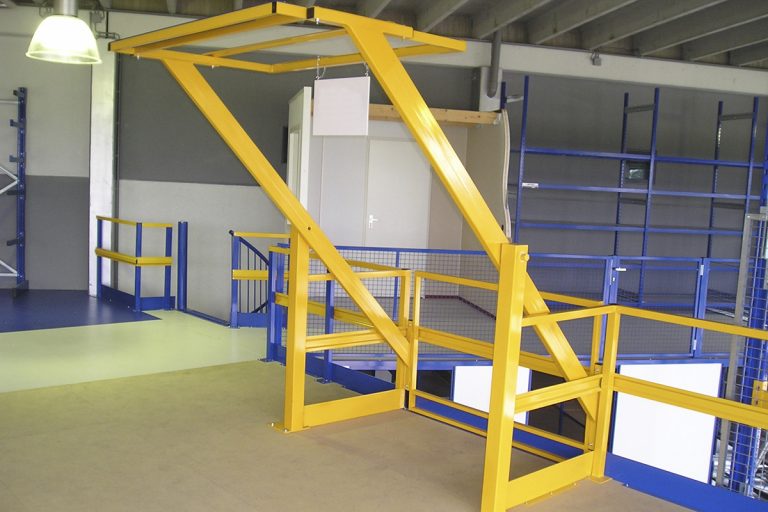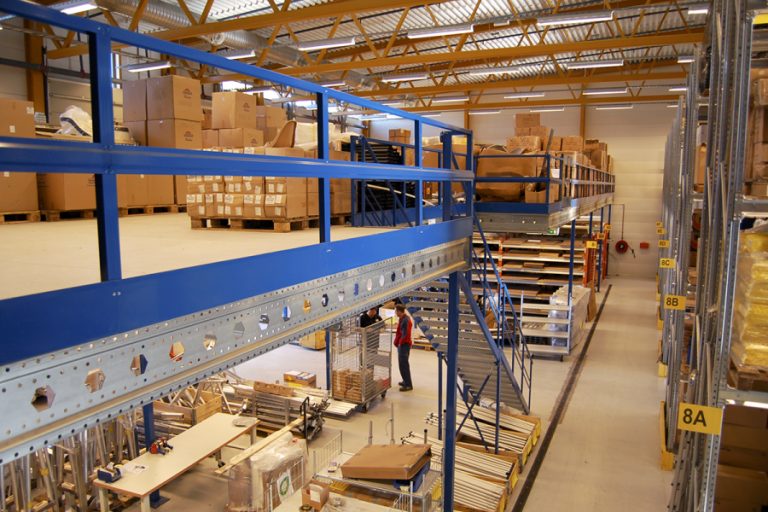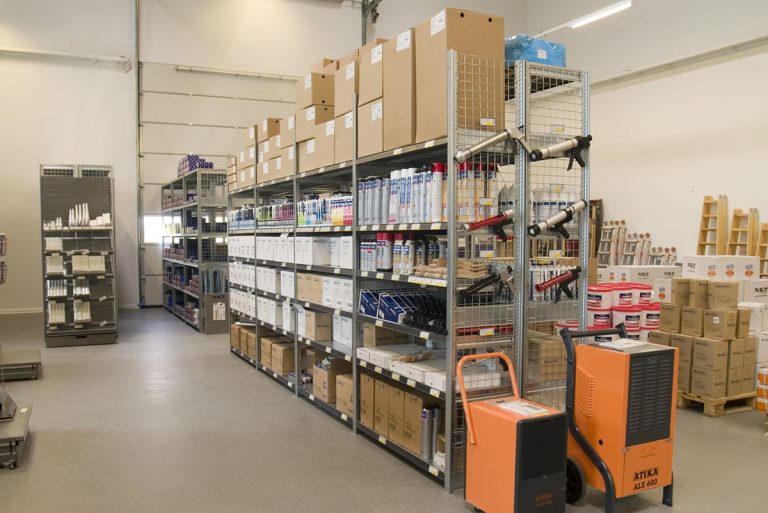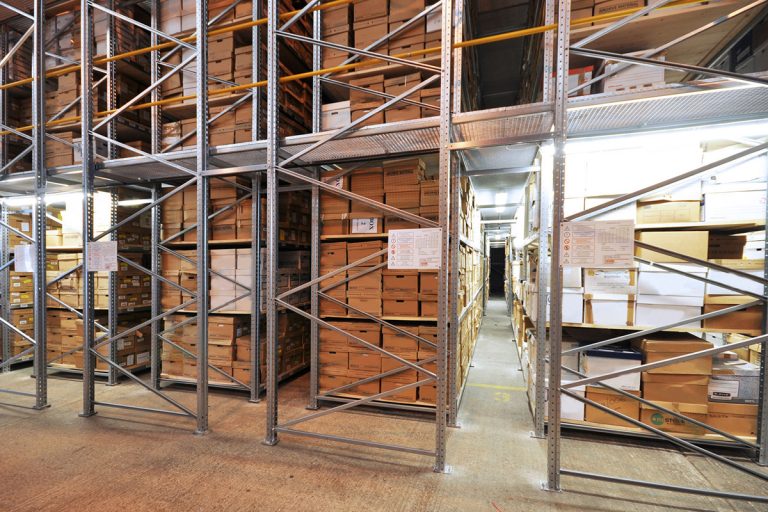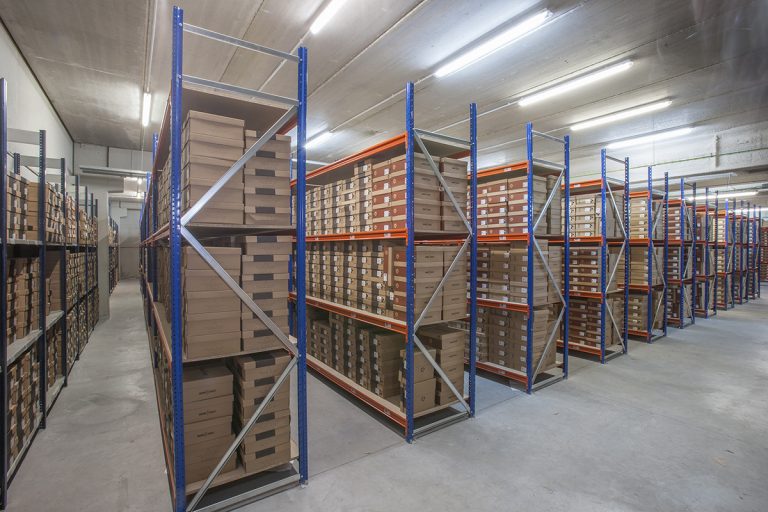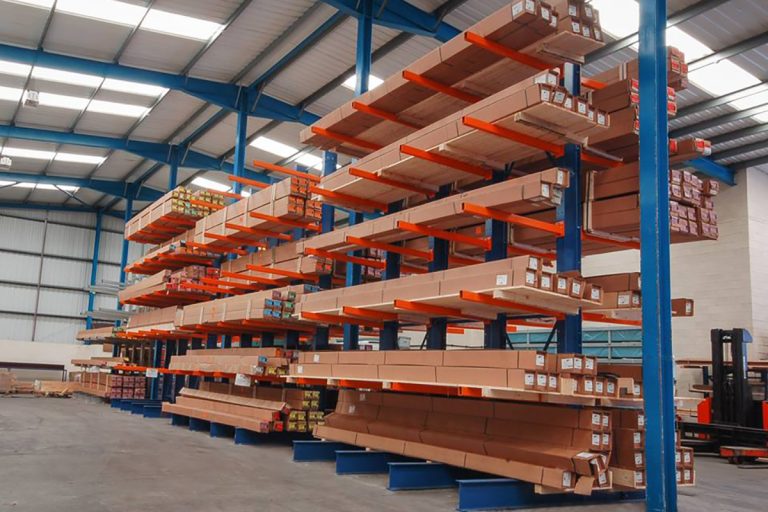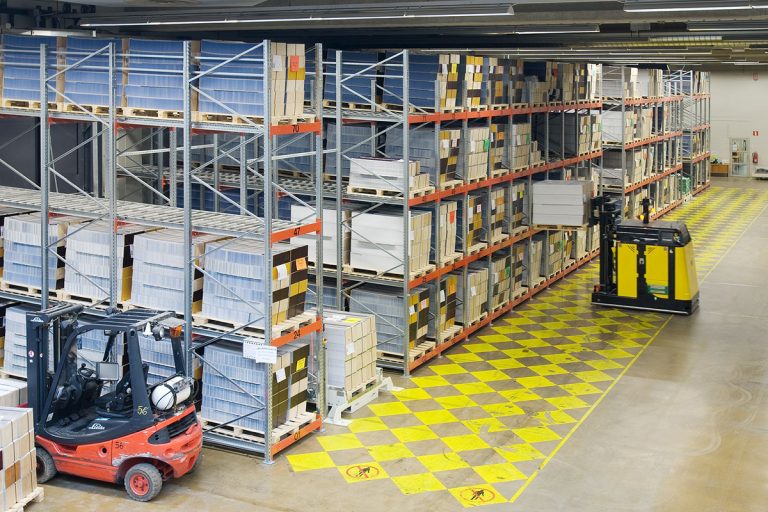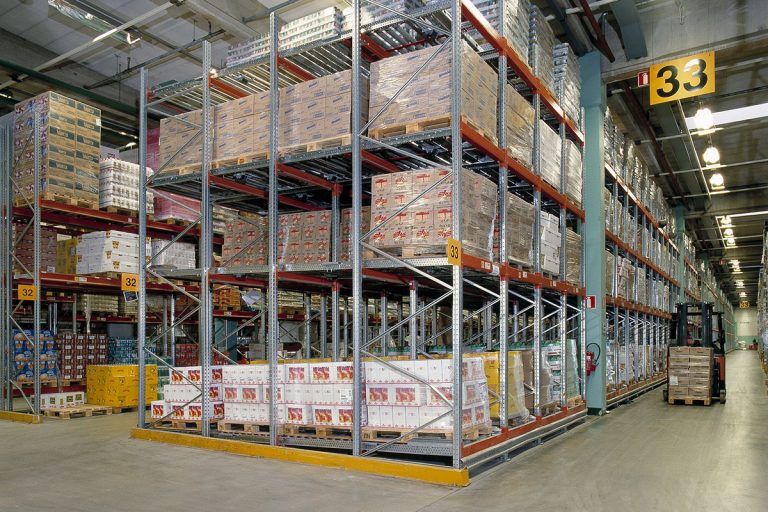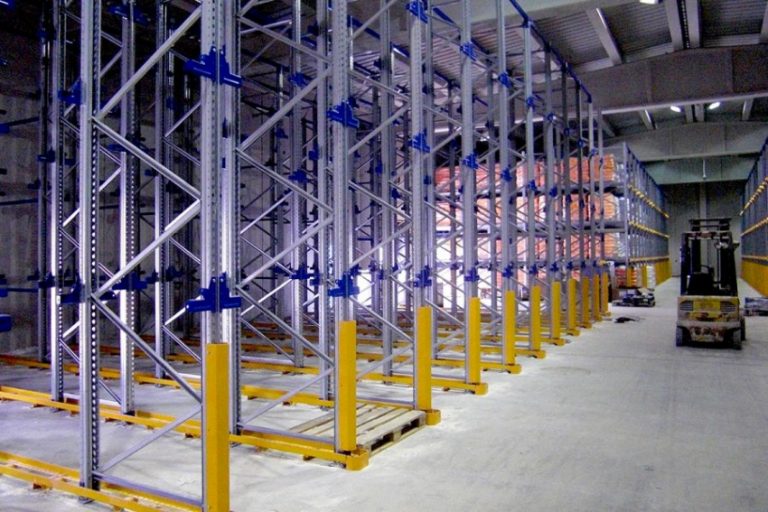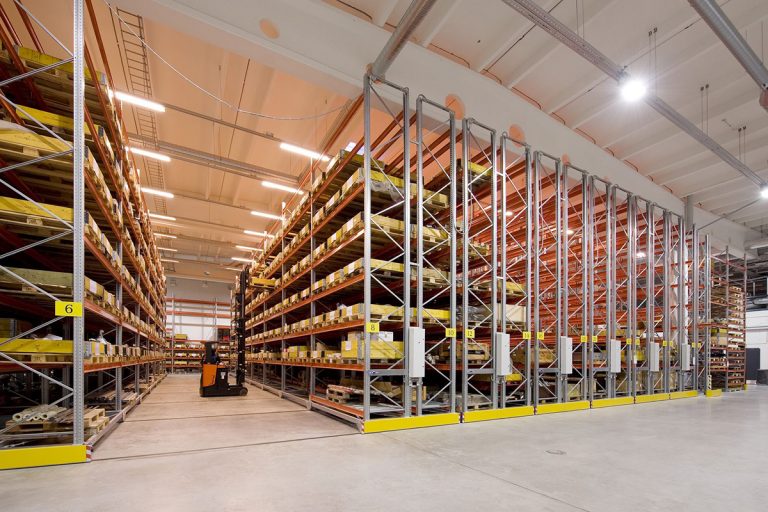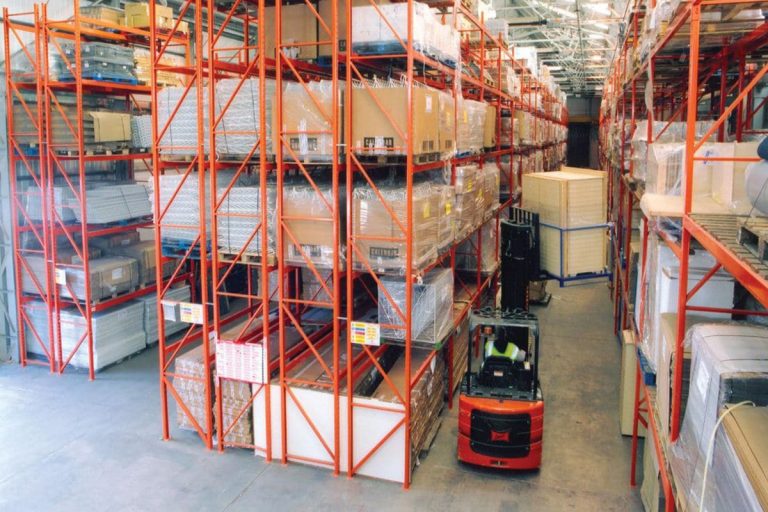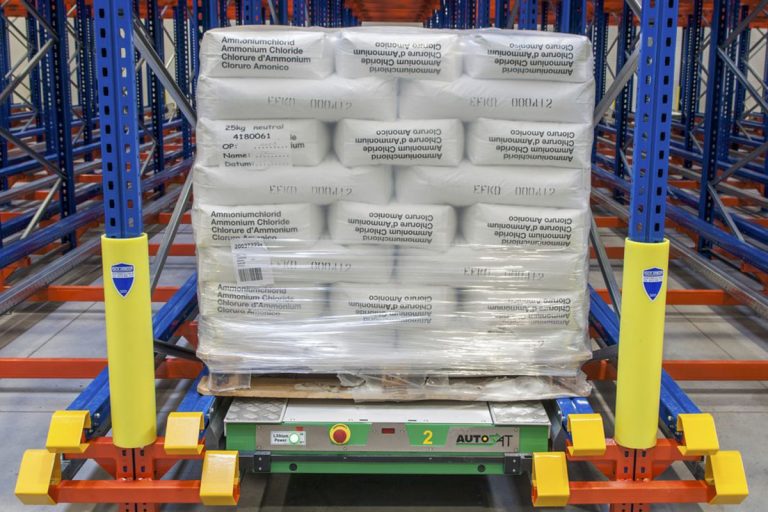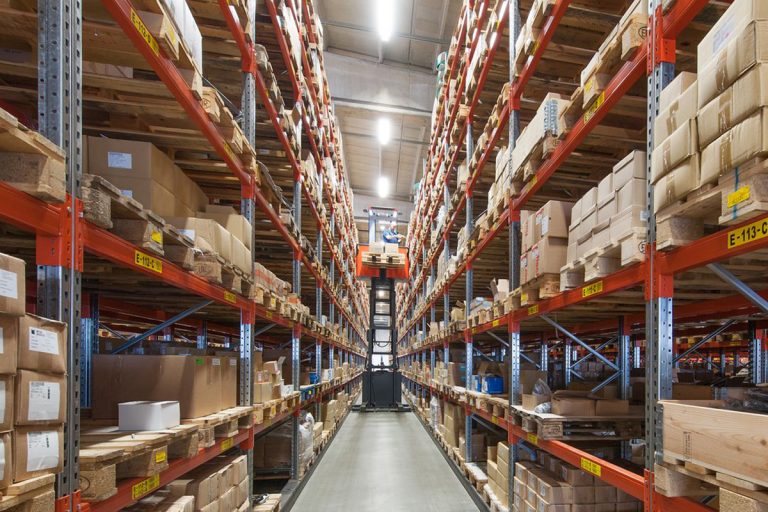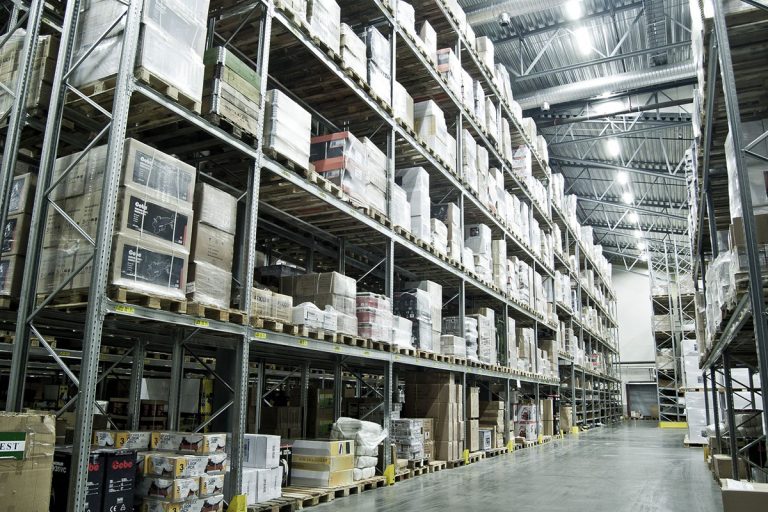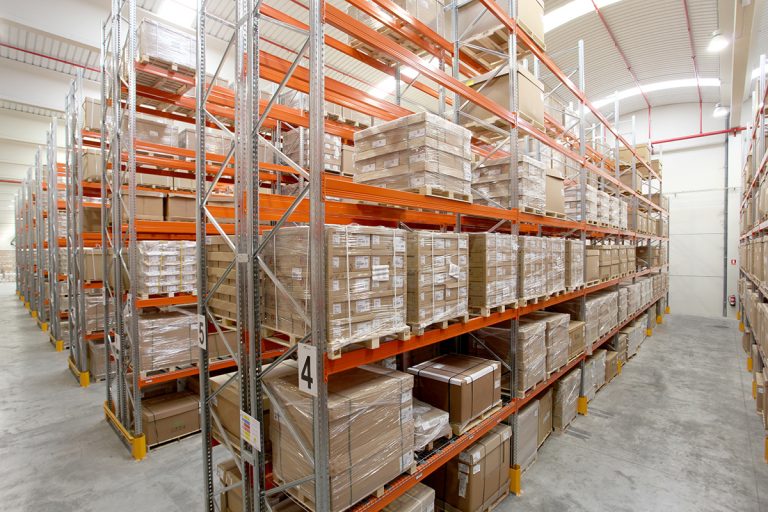Summer is here!
The Great British summertime might be a little... unpredictable, at times. Sun, wind, rain, hail, and anything else mother nature sends our way. But we are usually guaranteed at least a few weeks of warmth and sunshine sometime between May and September.
If you are working outside, you might rejoice in some much-needed warmth. But what about the dangers?
We have covered the risks of winter working before, and the cold. But what about summer working, is that safe? In addition to the risks you already need to control, working outside in hot weather brings two additional hazards:
• Sun
• Heat
A bit of sunshine isn't a bad thing. And it's certainly nice to feel warm. Working outdoors can be more enjoyable in the summer. But the sun and heat can also be dangerous if we don't protect ourselves.
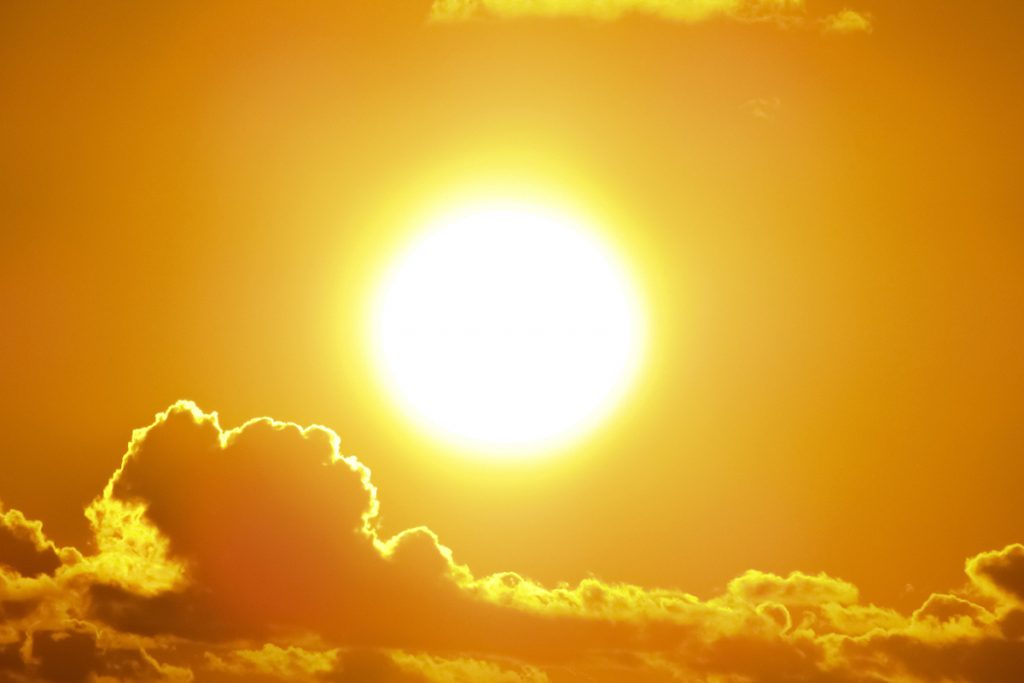

Sun Exposure and Working Outside
The sun can make you feel great. You might go on holiday to get even more of it. For many people, a bit of sunshine is a great thing. But top up your vitamin D and not your tan, because working outdoors can expose your skin to more sun than is good for you.
It seems easy to get caught out by the sun when working outdoors. We didn't expect it. We forgot to pack the sunscreen on our way out the door. Perhaps because heatwaves don't happen as often as we would like them in the UK. Or maybe because we have other things on our mind when we go to work.
Short term skin damage from high levels of sun exposure can cause sunburn. This can be painful and uncomfortable for weeks as skin blisters and peels. Even a gradual tan will speed up the ageing of your skin over the long term.
One of the more serious dangers of sun exposure is skin cancer. Skin cancer is one of the most common types of cancer. And UV light from the sun can cause it. The British Skin Foundation says that 40,000 new cases of skin cancer are reported each year. The NHS reports that more than 100,000 new cases of non-melanoma skin cancer are diagnosed each year in the UK.
Steps To Reduce Risk Of Overexposure To UV
Overexposure to ultraviolet (UV) light is the main cause of non-melanoma skin cancer. UV light comes from the sun, as well as from artificial tanning sunbeds and sunlamps.
As an outdoor worker, it is hard to completely avoid the sun when it's out. But you can take steps to protect your skin and avoid over-exposure. This will lower your risks from some of the more harmful effects:
• Stay in the shade when possible
• Use a high factor sunscreen on any exposed skin (the higher the SPF the better)
• Re-apply sunscreen throughout the day
• Wear a hat
• Wear a top and clothing that covers the skin (especially any areas without sunscreen)
• Take regular breaks out of the sun
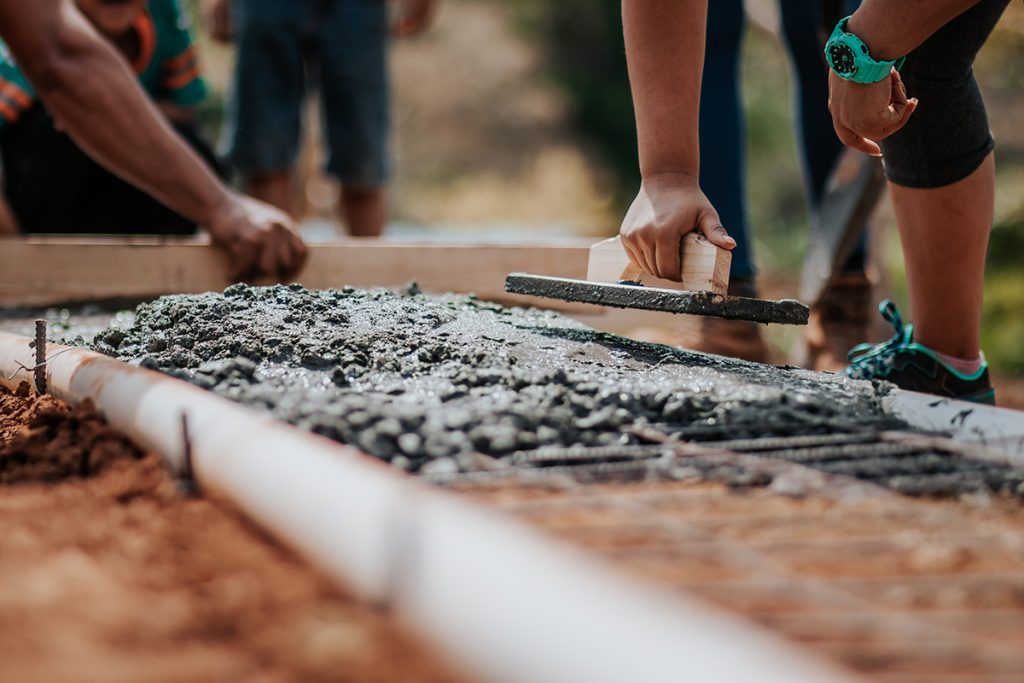
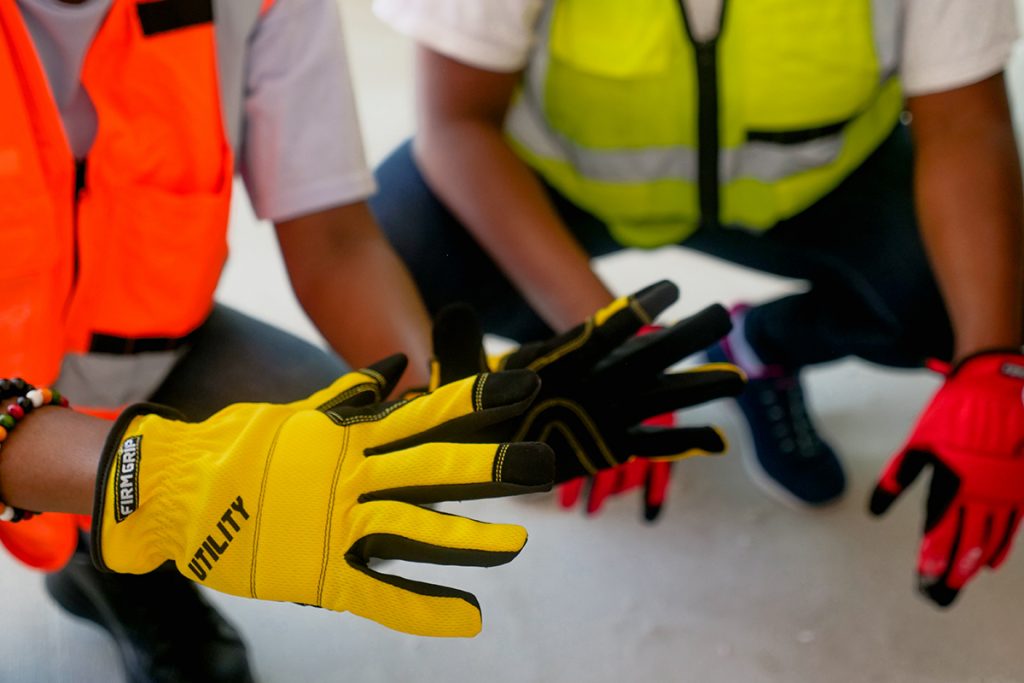
Working In The Heat And Heat Stress
This is the UK. How hot does it really get? Is heat a real problem? Well, yes. Especially at work. Because you're not on holiday, able to cool off in the pool or an airconditioned hotel room (unless you happen to be working on a holiday resort).
You're at work. You might be doing a really intense physical task, which is hard enough in a cool environment. Add extra heat to the mix, you're going to get hot and sweaty. You might need to wear extra PPE to protect you from other hazards of the job, which might prevent you from sweating properly and cooling off.
“Heat stress occurs when the body’s means of controlling its internal temperature starts to fail. As well as air temperature, factors such as work rate, humidity and clothing worn while working may lead to heat stress. Therefore, it may not be obvious to someone passing through the workplace that there is a risk of heat stress."
HSE Heat stress
And heat stress can be serious. It can make you feel unwell, lack concentration, get muscle cramps, faint. You can develop heat exhaustion, feeling tired and sick, get a headache and feel clammy. At its most serious, heat stroke can bring confusion, convulsions, loss of consciousness and can even be fatal.
Working Outside In The Heat
If you are working outside in the heat, you can take steps to minimise the risk of heat stress and keep cool. Here are some top tips:
• Keep hydrated
• Regular breaks
• Cool down
• Work in the shade
• Plan your work
First, stay hydrated. Cold drinks will both keep you cool and replace the water lost through sweating. You should take regular breaks out of the sun and heat, to give your body a chance to cool down and recover.
If you can work in the shade where it is cooler, do so. You can also plan your work so that more intensive tasks take place early or late when the temperature is lower.
You made need to make extra allowances. Particularly during longer spells of hot weather. Like specialist PPE to keep you cool and safe. Or installing fans and air conditioning in break areas.
Be especially careful if you're not used to working in hot environments. Your body needs time to adjust to working in the heat. If a sudden heatwave arrives, give yourself time to get used to working in hot weather. Be extra careful the first few days.
